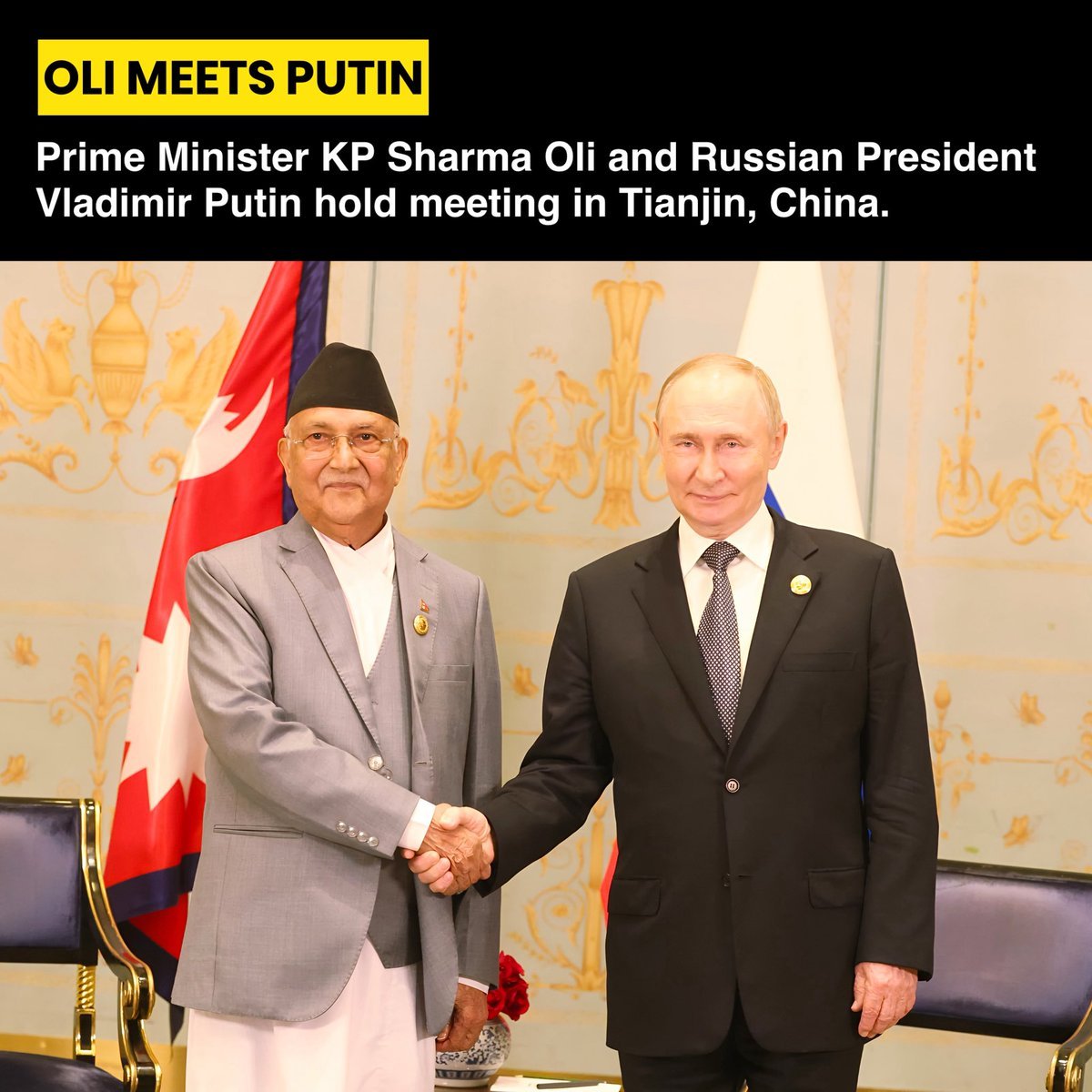By Gurkha Insight • Frontline • Aug 26, 2025 19:35 PM • 98 views

On a cool August evening in 2025, the OVO Arena Wembley, a place synonymous with global icons, transformed into a sanctuary for over 10,000 souls. For a few hours, the bustling energy of London gave way to the serene, soulful rhythms of Nepal. The band Nepathya, led by the legendary Amrit Gurung, weren’t just performing; they were conducting a homecoming. The air thrummed with a shared heartbeat as the crowd, a beautiful mosaic of generations, sang along to classics like "Resham Firiri" and "Sa Karnali". This wasn’t just a concert; it was a pilgrimage. It was the sound of a community finding itself, proving that even thousands of miles from home, the spirit of Nepal could light up one of the world’s most famous stages. On a cool August evening in 2025, the OVO Arena Wembley transformed into a little corner of Nepal. Over 10,000 voices sang in unison, their hearts beating to the rhythm of Resham and Sa Karnali. For the Nepali diaspora in the UK, it wasn’t just a concert—it was a pilgrimage to memories of home, a celebration of identity, and proof that their culture could light up one of the world’s most iconic stages.
The First Spark: 2013
Twelve years earlier, Nepathya had made history as the first Nepali band to perform at Wembley. Amrit Gurung, the band’s soulful frontman, recalled the moment he stepped onto that stage: "The sea of phone lights, the cheers—it felt like carrying Nepal on my shoulders." That night, the diaspora realised their music belonged on global platforms, not just in living-room gatherings.
2025: A Homecoming This year's return, meticulously organized by BSK Entertainment and Parcha Production, was a powerful testament to the community's resilience. The crowd was a living family tree—elders softly humming familiar folk melodies, teenagers discovering the stories in Nepathya’s classics, and young children waving flags they’d only seen in photos. The setlist was a beautiful journey through time, weaving together the earthy strum of "Jomsom Bazar Ma" with the vibrant, electric energy of "Taal Ko Pani."
More Than Music For the community, the night was a bridge. A mother whispered to her daughter, "This is the sound of our rivers." A group of students, far from home for the first time, found solace in the crowd’s collective voice. As Kiran Shrestha of Nepalaya noted, "Wembley wasn’t just a venue—it was a declaration that our stories matter."
The Unshakable Legacy
As the final notes faded and the lights dimmed, a quiet truth filled the arena. Nepathya had done more than just entertain. They had rekindled a powerful connection—to the rolling hills of Nepal, to each other, and to the unwavering pride of a diaspora that refuses to let distance silence its soul. The arena buzzed with a sense of quiet fulfillment, a feeling that, for one night, they had all come home. This story is a powerful reminder of how music can stitch together the frayed edges of displacement, transforming a foreign city into a place where a simple "Namaste" feels like home. For the UK's Nepali community, Nepathya's nights at Wembley are a beacon: a reminder that no matter how far you roam, the mountains still echo in your heartbeat. As the final notes faded, the arena buzzed with a quiet truth: Nepathya had done more than entertain. They’d rekindled a connection—to Nepal’s hills, to each other, and to the unshakeable pride of a diaspora that refuses to let distance silence its soul.
Why This Matters This story isn’t just about a band. It’s about how music can stitch together the frayed edges of displacement, turning a foreign city into a space where "Namaste" feels like home. For the UK’s Nepali community, Nepathya’s Wembley nights are a reminder: no matter how far you roam, the mountains still echo in your heartbeat.
"We didn’t just play for an audience—we played for every Nepali who’s ever longed for home." — Amrit Gurung said later, his voice still carrying the weight of the night.
Every note felt like a thread pulling people closer to the hills and rivers they missed. The familiar strum of Resham brought tears to eyes, the beat of Taal Ko Pani made hearts race, and in the gentle sway of Sa Karnali, the whole arena seemed to breathe in unison.
Some had travelled from across the UK, others from Europe, and some even flew in from Nepal—all for a few hours where distance no longer existed. Wembley became a meeting point between the diaspora and their memories, between today and the stories of generations past.
The band’s return to Wembley after 12 long years was more than a performance. It was a reunion. A reminder that no matter where life takes you—whether it’s the streets of London, the fields of the Midwest, or the mountains of Mustang—the songs of home can still find you.
As the final chords faded and the crowd sang back to the stage, Amrit smiled. "The stage was Wembley, but the soul of the night was Nepal."
And in that shared moment, under the lights of a London arena, thousands of people felt a little closer to home.



